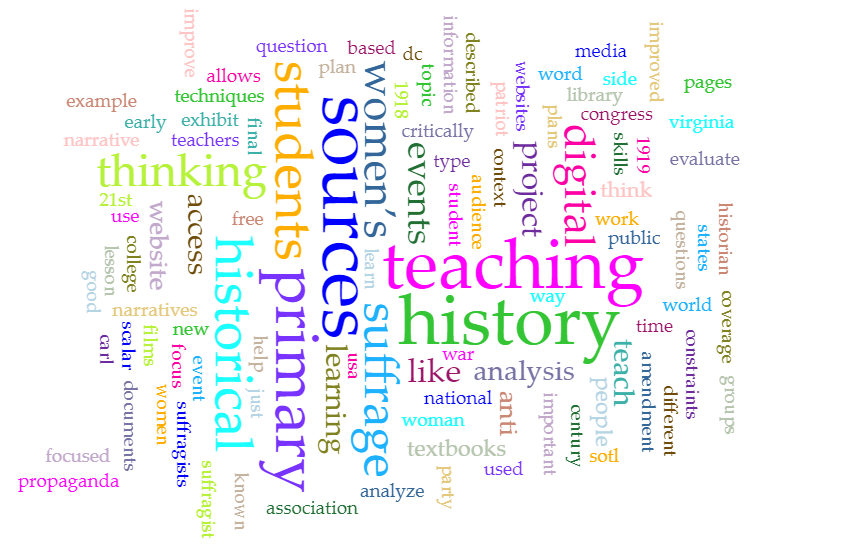At each internship this year, I achieved new skills and real world application from my course work for the digital humanities certification. The digital internship at the Smithsonian Affiliated Health Museum in Houston introduced me to museum work: The Health Museum At this internship, I developed a variety of skills that can be transferable to many careers. These skills included science communication to the general public, teamwork, and day to day museum exhibit planning with community outreach. The Health Museum is dedicated to health education, so interning there gave me experience in developing educational ideas around improving health education and how to best communicate that education through podcasting, social media, or websites.
The Health Museum internship was unique, and I learned how a science-based museum works that do not own a collection or archive. I researched healthcare topics like sexual education with a science communication intern. I worked with museum marketing and reviewed how they deliver health education to the community, including a goal for expansion beyond the Houston community in a digital format. I also attended a Smithsonian conference virtually on digital exhibits and best practices for these exhibits. The exhibit-building and education mission at The Health Museum furthered my knowledge of the day-to-day communication and teamwork needed to start projects. While the podcast did not happen while I was there, the initial groundwork for a Health Museum podcast was started.
My next internship and to be closer to school was at George Mason’s Roy Rosenzweig Center for History and New Media, Roy Rosenzweig Center for History and New Media – Democratizing History through digital media (rrchnm.org). My work was on a specific project within the Center called Death By Numbers, Death by Numbers. The research and transcription work on the Bills of Mortality exposed me to the first public health data from a different era in London. This experience gave me a unique perspective on public health trends that actually intersected with my interest in medical history and the fields of epidemiology and public health. I would argue that John Graunt may have been the first epidemiologist, and his observations from the Bills of Mortality are the starting point for the field. The Death By Numbers project is to be a computational database transcribed from over 8000 London’s Bills of Mortality. In the past, I had written a paper on the historiography of quarantine history, and this project directly intersected with that work. For this project, I wrote a blog about an outlier death of starvation during the plague year and hope to see it published soon on the website.
As part of this internship, I researched the historical data to write a blog about starvation death during the plague year in London. Also, I proposed a poster to be done at a future conference on the beginning of the scientific, historical fascination with the numbers of male versus female births. This internship experience has been helpful for any historical job that requires critical thinking, problem-solving, and research skills in digital humanities for future conferences or papers. My writing skills were significantly rusty from not being in class this semester, and honing a blog post with assistance from my mentor for this project improved my writing style for a humanities blog rather than the previous health science focus.
Both internships did strangely intersect due to medical and public health, current and past. Beyond that, these internships involved using different digital tools. But both internships focused on modalities of dissemination of information like data visualization software or new web development platforms, like Hugo, to share digital projects or information. Both internships required significant teamwork and collaboration to achieve progress on the work. Because of these two different experiences, I have learned how to better function in teams and improve my historical research skills in different ways, one for current public health information and how to improve general public outreach and the other for database work for historians interested in the public health history of London, or the plague, or history of numbers.
